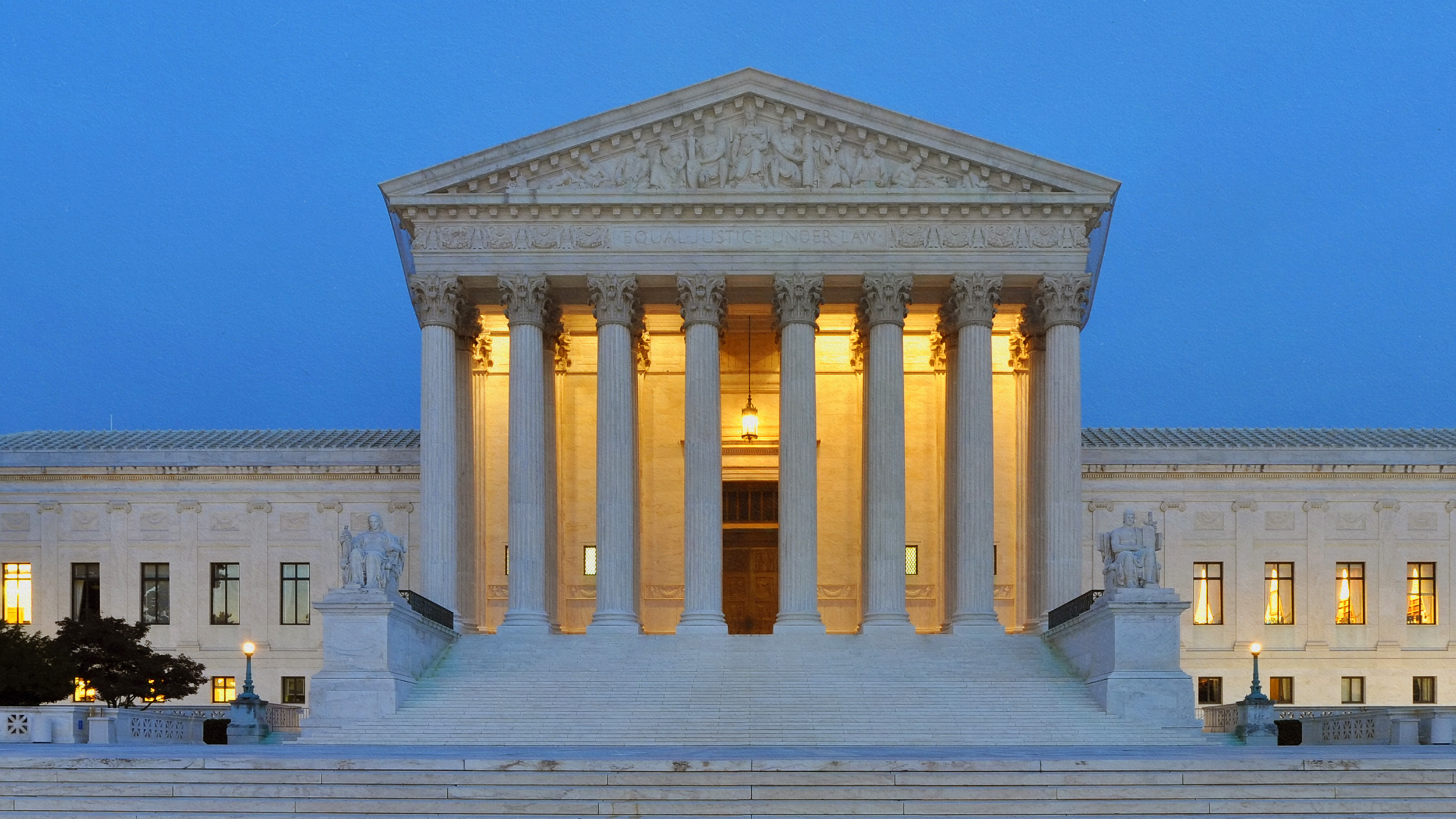Facebook “Liking” Not Protected by the 1st Amendment

What’s the Latest Development?
A federal judge has ruled that clicking “like” on Facebook to express your support of something does not count as constitutionally protected free speech. The case was brought before the court after an employee at a Virginia sheriff’s office was fired for “liking” an opposing candidate in a 2009 election. Judge Raymond Jackson of Federal District Court ruled that clicking the “like” button does not amount to expressive speech because, as there are no actual words involved in the process, it is not the same as writing a message and posting it on the site, which is protected as free speech.
What’s the Big Idea?
The lawyer for the dismissed worker plans to appeal the case, which does not surprise Marc Messner, a journalism and mass communications professor at Virginia Commonwealth University. “Going to a candidate’s Facebook page and liking it, in my view, is a political statement,” Mr. Messner said. “It’s not a very deep one, but you’re making a statement.” Other critics of the ruling point out that giving a real thumbs up sign (with your actual hand) has already been established as protected speech. Eugene Volokh, a law professor at UCLA, said “liking” something on Facebook is more expressive still because it generates text on a computer screen.
Photo credit: Shutterstock.com





